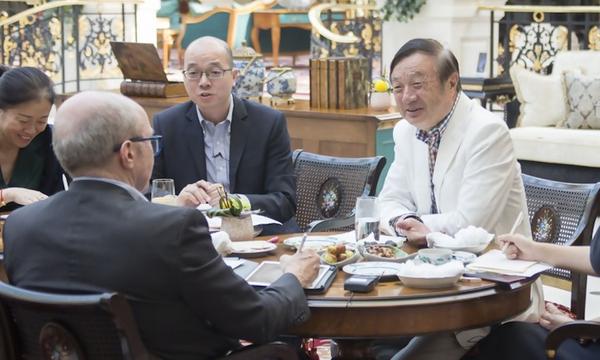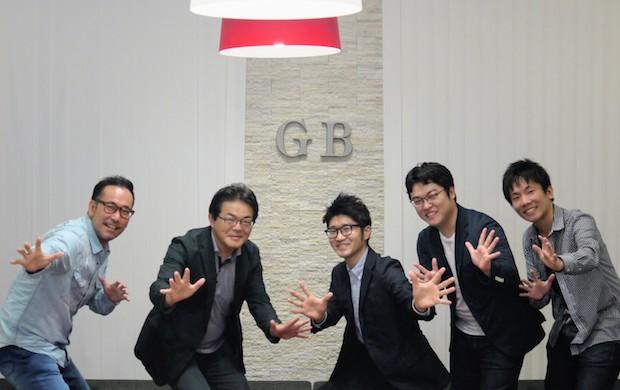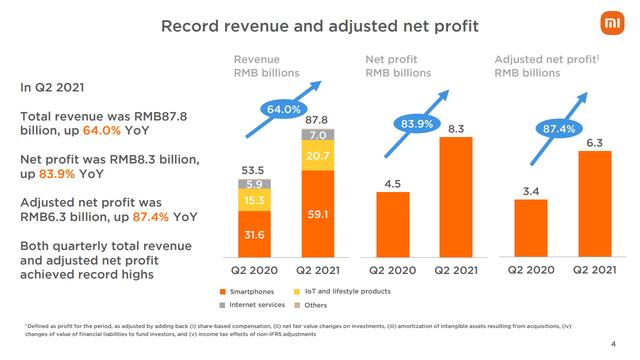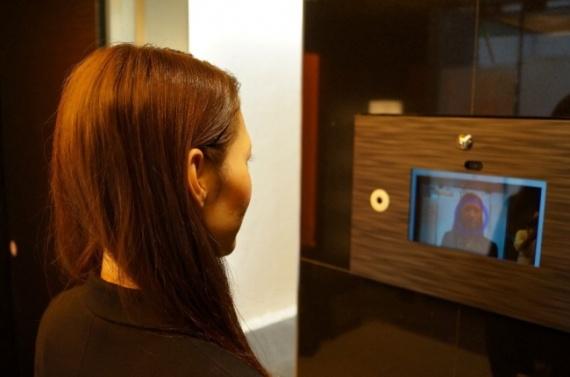<1. Participants: The first question is that human intelligence comes from learning, and learning is based on algorithms and data. If we don't touch the application on the top and the data on the bottom, how can we learn? The second question, telecom customers are our breadbasket, and a big opportunity and challenge we face is NFV and NFC. Looking back, we are divided into two factions when discussing NFV. The conservatives say that as long as we and Ericsson do not do NFV, there is no way for telecom operators. Radicals say that we need to be radical, actively participate and challenge. I would like to ask what measures the company can take to eliminate the threat posed by NFV to us?
<2. Participants: For the pipeline problem, Internet companies like Google platform have also done a lot of exploration and research. However, new technologies may conflict with operators' new business models, such as discussing how to solve the problem of bandwidth from a technical perspective. Investment in new technologies is uncertain, how to manage it?
<3. Participants: As long as we start to have this kind of scientist culture, it will be much better than before, because before we were engineering businessmen.
<4. Participants: Mr. Ren has always emphasized that technical experts should go out, drink more coffee with outsiders, and absorb the energy of the universe. Huawei is a result-oriented company. In the process of external technical cooperation, it still attaches great importance to the delivery of results, but foreign companies are relatively more relaxed in terms of research environment. How does Huawei balance the return of external technical cooperation and absorb industry ideas? Some big names in the industry are better at providing direction and spark, and less on delivery.
<5. Participants: There is a picture in the article that mentions "product lines need to be oriented towards deterministic development". Our understanding is that cultivating disruptive forces requires three elements: one is technology innovation, one is targeting the direction of big data, and the other is investment. These three elements have a key feature - timeliness. In fact, it is necessary to be grounded. Only in the front-line combat organization, only by directly facing customers and facing grain, can this time be grasped.
<6. Participants: Are all ideological scientists on it, and the 2012 laboratory only needs verification, and no scientists are needed?
<7. Participants: Mr. Ren mentioned in the article that we have opened up innovative ideas and experiments. Compared with socialized and market-based innovation, which one is more efficient or more open?
<1. Participants: I summed up the future direction into four words "big cloud moving intelligence", "big" refers to large information flow, "cloud" refers to cloud, "mobile" refers to mobile, and "smart" refers to intelligence. From this direction, it should be possible to do a lot.
<2. Participants: In the past ten years, smartphones have exploded with huge energy. In the first quarter of this year, the sales of Apple's mobile phones declined. How do you see the development of terminals in the future?

<3. Participants: Our smart watches and bracelets are expanding in Europe and the United States, but the cloud and services have not kept up. What is the future cloud deployment strategy in Europe and the United States?
<4. Participants: Now the network signal in various regions is unstable, can the network become dynamic in the future and follow the terminal? Maybe this is a direction for future network research.
<5. Participants: How will we deploy 5G? Because the pipeline will get wider and wider, and we know that AR/VR will also expand the pipeline, my question is how do we deploy 5G? What is our deployment strategy?
<6. Participants: Our company has invested a lot in SDN. What are the main directions and strategies of post-SDN? People and nature emphasize distributed natural transactions. What general direction does our company consider in the dataization of traffic?
<7. Participants: I think the ultimate core value of many questions lies in data. What is the significance of data technology to Huawei in the future and our strategic thinking on data technology?
<8. Participants: Now a lot of wireless competitiveness is based on chips. What should the semiconductor industry do when it reaches 7 nanometers? I would like to hear the opinions of the leaders on how to maintain the rapid growth rate of the whole industry.
<9. Participants: Intel's mobile chip business, Nokia's mobile phone, both have failed in their best areas. What are your thoughts on this?
<10. Participants: In the past, when we processed data, we moved the data from the hard disk and memory to the CPU. Now we have changed the idea. Can we put the CPU everywhere, and put the CPU wherever there is data? So now the industry is saying that data-centric computing, or NDP-based data computing, is a subversion of the computing system. Under such a thought, Intel and Samsung are different. Intel makes CPUs and hopes to put memory into CPUs; Samsung makes memory and hopes to make CPUs into memory, and the game has begun in this industry direction.
<11. Participants: AI artificial intelligence is now talked about. Regarding this field, what is Huawei's view and whether there are plans to enter in the future? From a philosophical point of view, God created human beings, and now human beings want to create new human beings. Will new human beings replace human beings in the future?
<12. Participants: Huawei's previous success has relied on mathematical algorithms and tools, whether for software or hardware. The more in-depth research on energy is now, the more it is found that it is related to physical chemistry.
<1. Participants: The first question is process innovation. We are a technology company, but the process of technological innovation is changing, one of which is becoming more and more interdisciplinary, an example of which is the innovation across engineering and human perception as demonstrated by the new generation of employees. We are strong in silicon photonics, but not strong enough in human photonics. How can we reshape Huawei to fit an interdisciplinary organization and structure so we can engage in this form of innovation? The second part of the question is a bit more realistic because we have central hardware, central software, we have networking, which is an area where we are very strong. But I think we need other disciplines of human perception and technology-integrated biology.
<2. Participants: At present, the company's talent recruitment process is very long, requiring the signature of many leaders. It takes two months to recruit a person overseas. Do you have any new ideas and thoughts on HR talent recruitment?
<3. Participants: Google open-sourced Android ten years ago, and began to get involved in the field of unmanned driving six years ago, and has already made arrangements in advance. Musk recovered the rocket, and now seeing his success, he has actually experienced dozens of failures. Looking to the future, we have not experienced such twists and turns, and there is still a big gap in capability. Scenes from American blockbusters more than ten years ago are now gradually coming to life. In the next 20 to 30 years, what is the path for improving growth ability?
<4. Participants: How do you see Huawei's development in the next 20 to 30 years?
<5. Participants: If there is a Chinese company leading the world in the future, everyone who knows Huawei knows that Huawei has 90% hope.
<6. Participants: Huawei has been very successful. What factors have made us reach the current level, and what other factors can make you unable to sleep at night?
<7. Participants: You just said that the United States is bigger than the world. I would like to hear what is the world that is bigger than the world?










